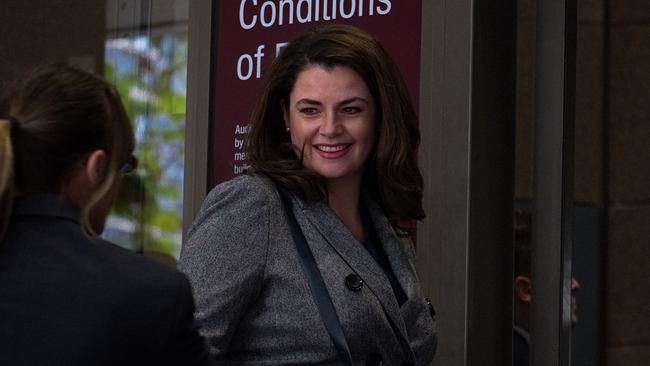
Both sides had said they would fight the case until victory was resolved, and both sides backed off before the proposed hearing in the Federal Court.
Some commentators believe Porter ended up in front of the ABC while others take the opposite view.
The law aside, the case is instructive in what it tells us of the contemporary ABC under managing director David Anderson (who is also editor-in-chief) and chairwoman Ita Buttrose.
In a statement Anderson put out on Wednesday afternoon he said the ABC stood by “the importance of the article” dated February 26 that ABC reporter Louise Milligan wrote on ABC Online in her capacity as a Four Corners journalist. It was titled “Scott Morrison, senators and AFP told of historical rape allegations against Cabinet Minister”.
In his statement, Anderson announced that Porter had decided to discontinue his defamation action against the ABC and Milligan. He added: “No damages will be paid. The only costs that the ABC will be paying are the mediation costs.” In a later statement, Anderson said: “The only costs paid by the ABC, apart from its own, were mediation and related costs.” He did not indicate the nature of the related costs.
In other words, the ABC paid its own costs, plus mediation costs, plus related costs. Or, rather, the taxpayer did. However, the most important part of Anderson’s announcements turns on what the ABC regards as the standard that a journalist, writing a story about an alleged rape of a girl aged 16 by a boy aged 17 more than three decades ago, is required to meet.
Part of the ABC-Porter settlement entails that the ABC place an editor’s note on Milligan’s story, which remains on ABC Online. It reads in part: “The ABC did not contend that the serious accusations could be substantiated to the applicable legal standard – criminal or civil.”
In other words, the ABC acknowledges that Milligan’s serious accusations could not pass the test of “beyond reasonable doubt” (the criminal law standard) or on “the balance of probabilities” (the civil law standard). But, according to Anderson, it was OK to publish this material even though it failed to meet the evidentiary standard that applies in criminal or even civil law. A low bar, indeed.
So it has come to this. The ABC stands by the importance of Milligan’s article, along with what it terms her “independent and brave reporting on matters about which Australians have a right to be informed”, despite the fact such evidence would not have prevailed in a case by a local council against a dog owner.
Then there is the matter of ABC staff behaviour in the immediate aftermath of the settlement – which provides further evidence that many of the ABC’s most prominent journalists are also activists.
Anderson’s first statement on Monday, announcing the settlement, was issued at 3.17pm. The essence of considered journalism is to be, well, considered. Not so Sally Neighbour who immediately, in her capacity as Four Corners executive producer, tweeted about the case that “no money was paid”.
This was incorrect, as Neighbour would understand if she had paused for reflection before hitting the tweet button. But that’s not what activist journalists are inclined to do. The tweet was junked and Neighbour issued a new one saying “no damages were paid”.
Milligan also weighed in with a number of tweets attacking Porter and praising the ABC’s journalism – which, in this case, meant essentially Milligan herself and Neighbour.
This matter could have ended up in the Federal Court and perhaps the High Court, as Porter v The ABC was potentially one of the most significant libel cases in contemporary Australian legal history. It stood to reason, then, that this matter should have been left to the ABC’s senior management and its lawyers, in so far as the ABC was concerned.
But neither Neighbour nor Milligan could stand back, even for a few hours. This is despite the fact, according to Nicola Berkovic’s report in The Australian on Tuesday, the ABC warned its journalists not to say Porter had lost – since, clearly, a settlement does not amount to a defeat. However, on ABC Media Watch last Monday, presenter Paul Barry indicated that he saw the result as “a major ABC victory”.
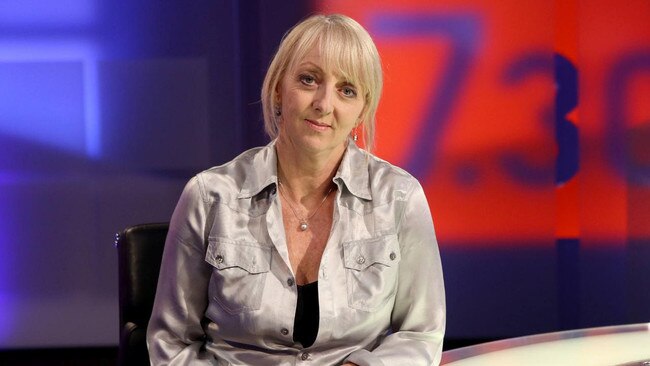
On Thursday The Australian reported that Anderson was understood to have told Porter after the Neighbour tweet that he had done his best to manage ABC journalists – clearly without much success.
The ABC’s communications department has declined to comment whether ABC journalists were instructed not to say Porter lost or whether Anderson conceded to Porter that he could not control his staff in this instance.
The Porter-ABC legal contest demonstrates once again that the public broadcaster is essentially a staff collective. To be fair to Anderson, this is not a new phenomenon but goes back decades.
Then there is the matter of the individual against a taxpayer-funded institution. Anderson told Senate estimates on March 23 that the ABC was self-insured in relation to defamation. In other words, any payments made, or costs incurred, in a defamation case are not covered by an insurance company. Rather, they come out of the ABC’s budget – meaning they are borne by taxpayers who fund the ABC to the tune of more than $1 billion a year.
The ABC has almost unlimited resources to defend libel cases, with a large in-house legal team and access to the best external barristers and solicitors that money can buy.
This would be bad enough if management ran the ABC. But it’s worse than that since staff activists, who effectively run the public broadcaster, can rely on the taxpayer to defend them against libel writs – even when they cannot sustain a case beyond reasonable doubt or to the lesser standard of the balance of probabilities.
Gerard Henderson is executive director of the Sydney Institute. His Media Watch Dog blog can be found here.


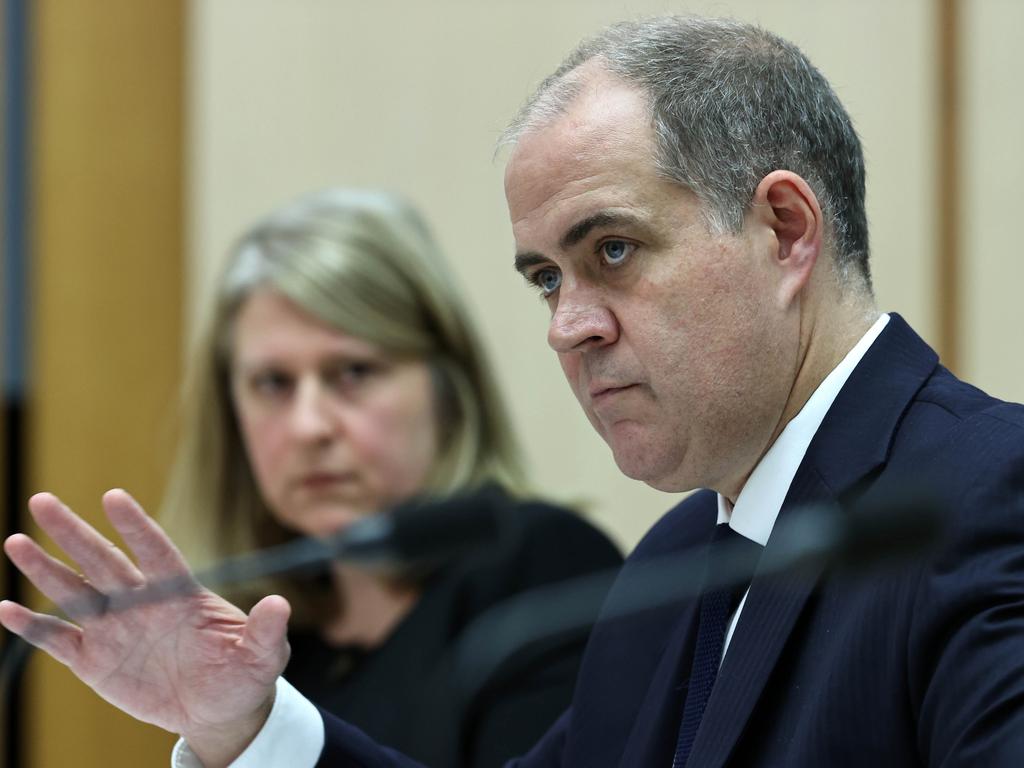
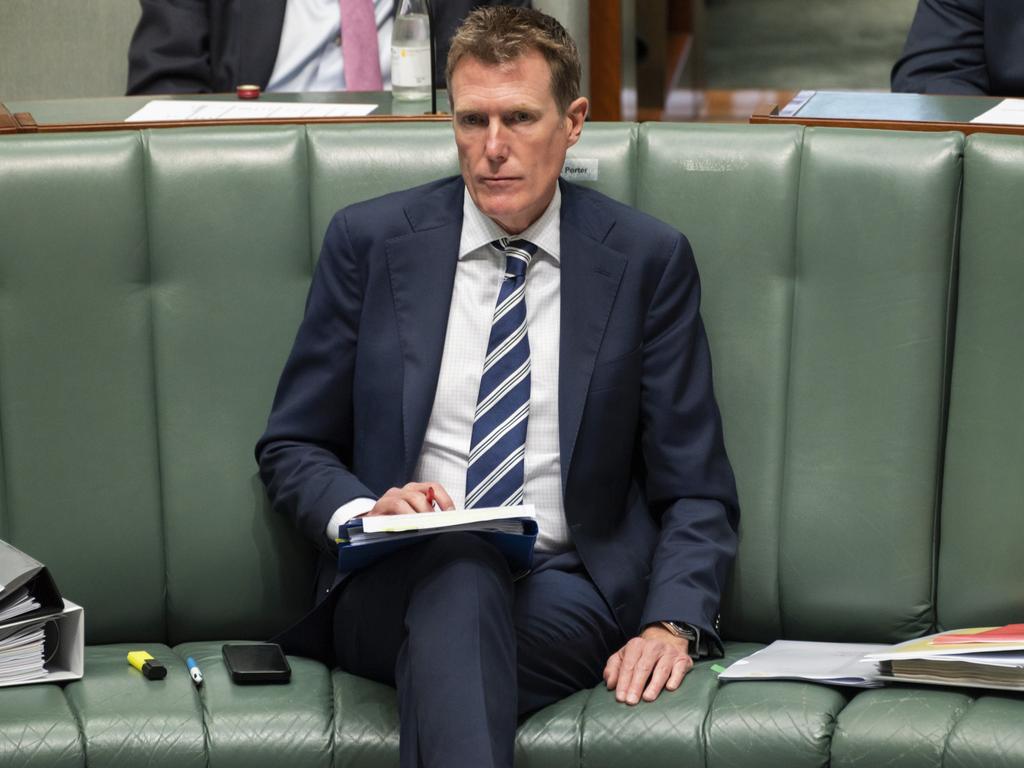
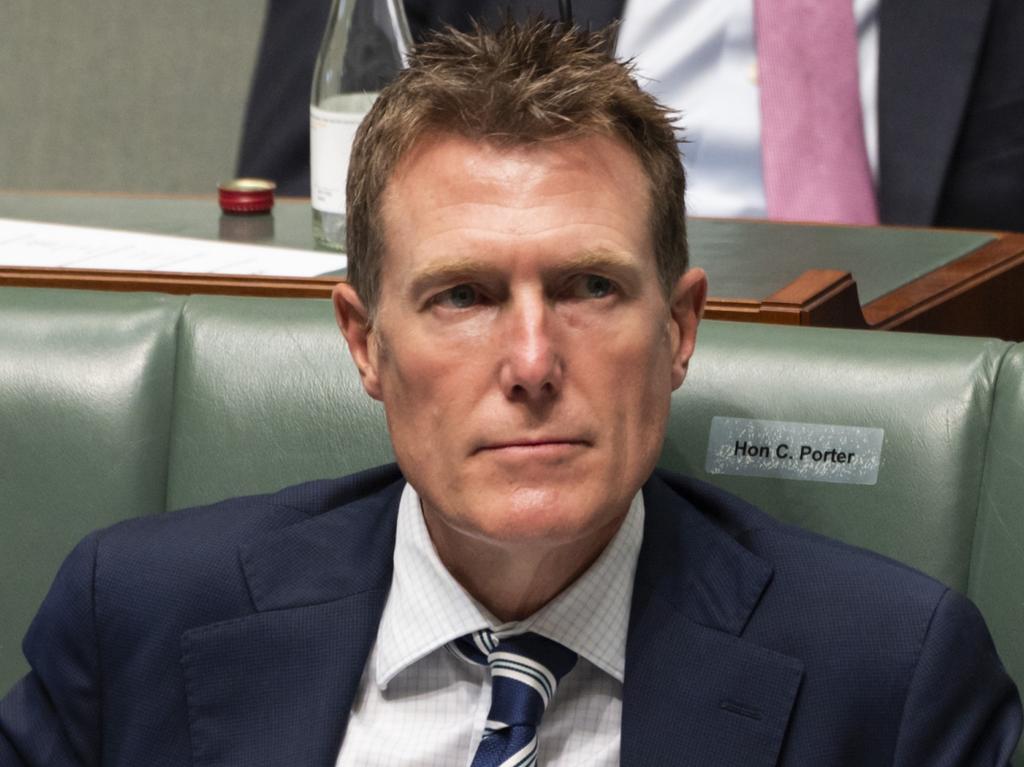


And so it came to pass that Christian Porter’s defamation action against the ABC resulted in a settlement, going the way of many libel actions.